Understanding Heat Stress OSHA Guidelines
If you’re looking for and easy way to stay in compliance with OSHA heat stress regulations, you’ve arrived at the right place.

Let us help you evaluate your needs!
- Safety: Alerts via text, email, push notifications and phone calls to protect your precious assets
- Compliance: Automated compliance reports
- Efficiency: Reduced Manual Logging and time spent on reports
- Robust Redundancy: Battery Backup and DataSync for reliable data continuity
And what makes us different?
- Lifetime Warranty: Ongoing warranty included with monitoring subscription
- Unlimited Users: Scale across your entire organization
- Connectivity Flexibility: Wi-Fi, Cellular or Data Hub
- Phone call alarms: Alerts won't get ignored
- Mobile App: 500 Freezers in your pocket
- Facility monitoring: Simple to add water leak, door open, occupancy, and even IAQ monitoring
Engineered in Indiana with U.S.-based support.
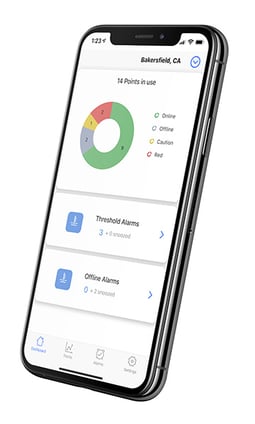
Sonicu costs are considerably more reasonable than our historic system, as well as other competitors on the market. The equipment is robust but simple to learn and utilize.

Having safe and secure storage provides reassurance that any future family building efforts will be protected. Sonicu gave us the ability to more easily put our head on the pillows and sleep easier at night knowing we had invested in a strong monitoring system.”

See What Customers Say About Sonicu
Asset Protection. Compliance Automation. And Reduced Manual Processes.
Sonicu serves thousands of professionals at hundreds of organizations across North America by improving how they monitor and manage their most sensitive assets and environments.
Professionals from healthcare, life science, laboratory and cold chain facility management turn to Sonicu to help them improve the way they do business.
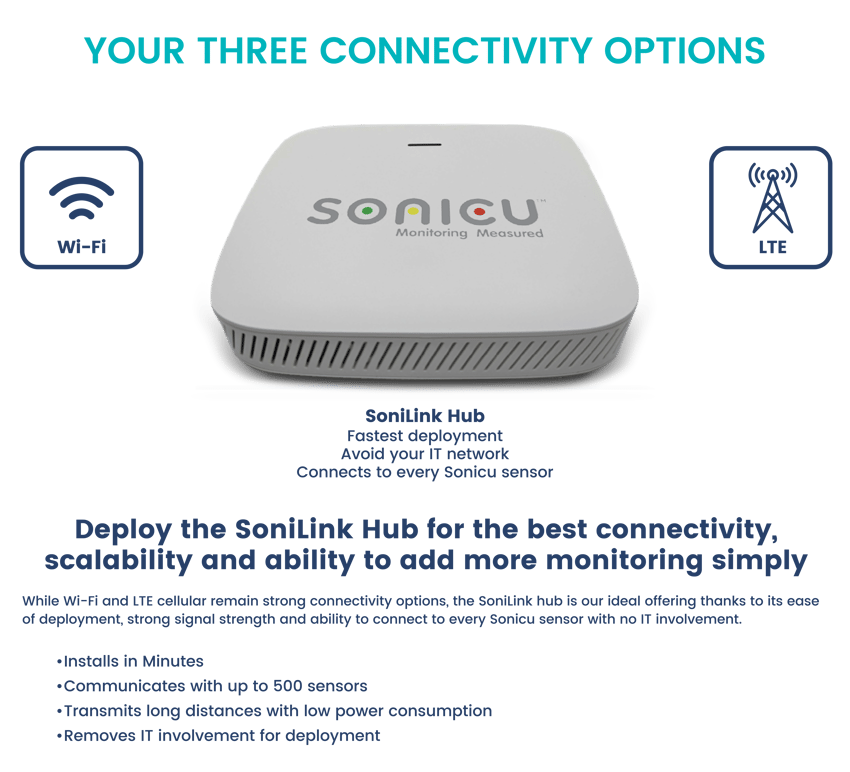
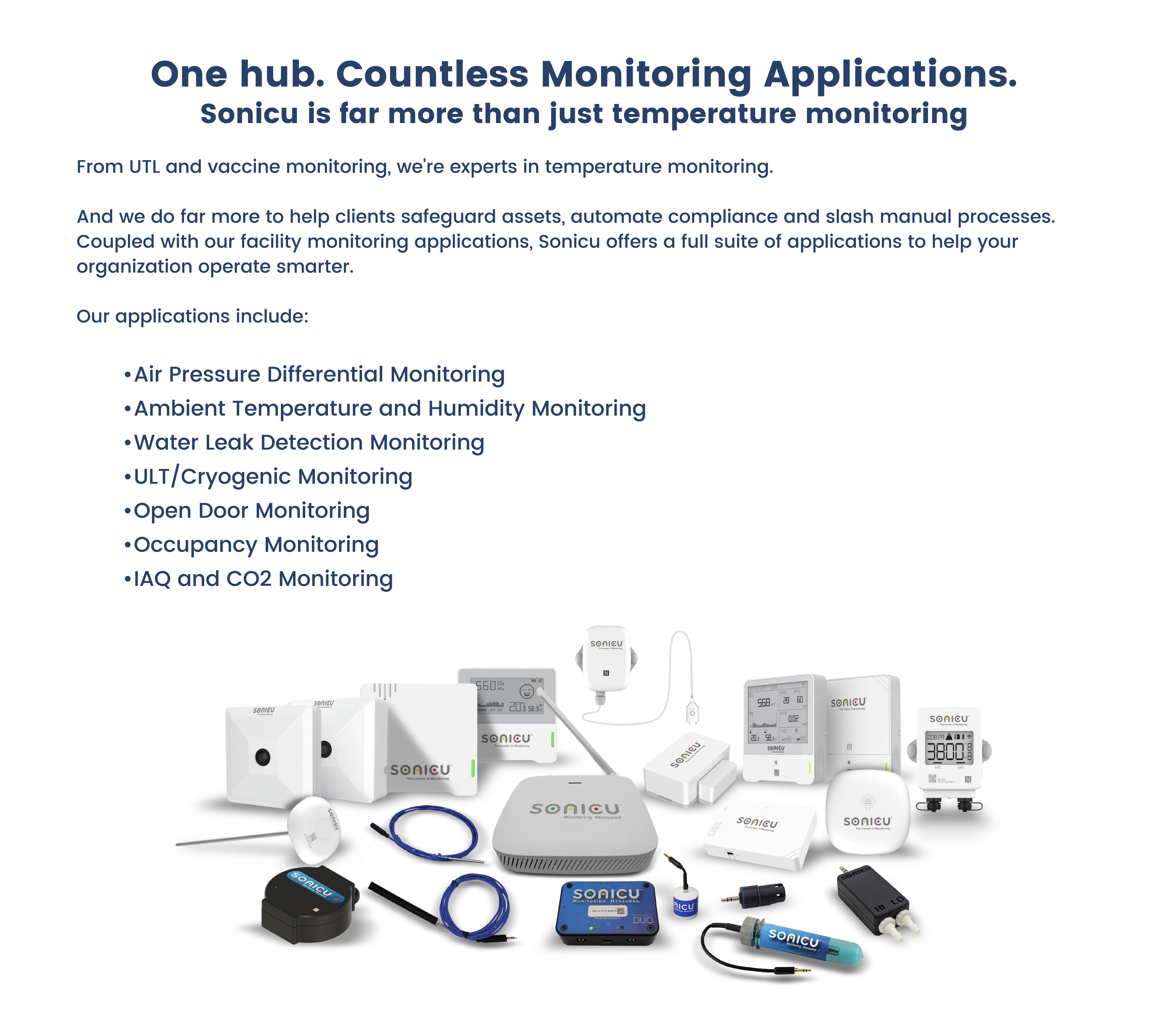
Understanding and Preventing Heat Stress Demo
Learn how to recognize, prevent, and manage heat stress in outdoor or high-heat work conditions. This video highlights essential safety measures, symptoms to watch for, and practical tips to protect yourself or your team from heat-related illnesses. Perfect for construction workers, outdoor professionals, and anyone working in extreme temperatures. Stay safe, stay productive!
Warehouse Monitoring
Sonicu’s sensors and automated systems detect patterns of overcooling or overheating, enabling precise adjustments that reduce energy consumption without sacrificing product quality. The result? A remarkable reduction in operational costs and a commendable contribution to sustainability efforts.
Warehouse Monitoring BrochureHeat Stress OSHA Guidelines In The Workplace
On a hot summer day, the risk of heat stress or heat exhaustion is probably a concern in several people’s minds.
But when your employees start having mild heat stroke symptoms, this heat stress concern becomes your responsibility as an employer
According to OSHA standards, you are responsible for providing a safe working environment that will protect your employees from the risk of death, which includes protecting them from heat stress and related illnesses.
Heat stress symptoms include:
- increased heart rate
- confusion
- lack of concentration
- Collapse
Other symptoms could be related to heat exhaustion, and they include a headache, dizziness, feeling sick and excessive sweating, and muscle cramps, to name a few.
If you saw these symptoms, would you know a heat exhaustion treatment?
Or would you be asking, “how long does heat exhaustion last?”
What about the signs of a heat stroke in adults?
They include a high body temperature, an altered mental state, nausea, rapid breathing, and racing heart rate.
Could you recognize these?
Do you understand the difference between heat stroke vs. heat exhaustion?
If you find your knowledge of heat stress and the related symptoms lacking, you need to educate yourself and your employees on the causes, prevention methods, symptoms, and response treatments so you can protect them from heat stress.
You should also educate yourself on the resources available to help you keep your employees safe. Things like OSHA heat stress fact sheets and environmental control systems can be beneficial as you work to comply with OSHA standards.
Obviously, there is a lot to know when it comes to protecting your employees from heat stress.
OSHA has some helpful resources though, and they provide standards that guide you in caring for your employees well.
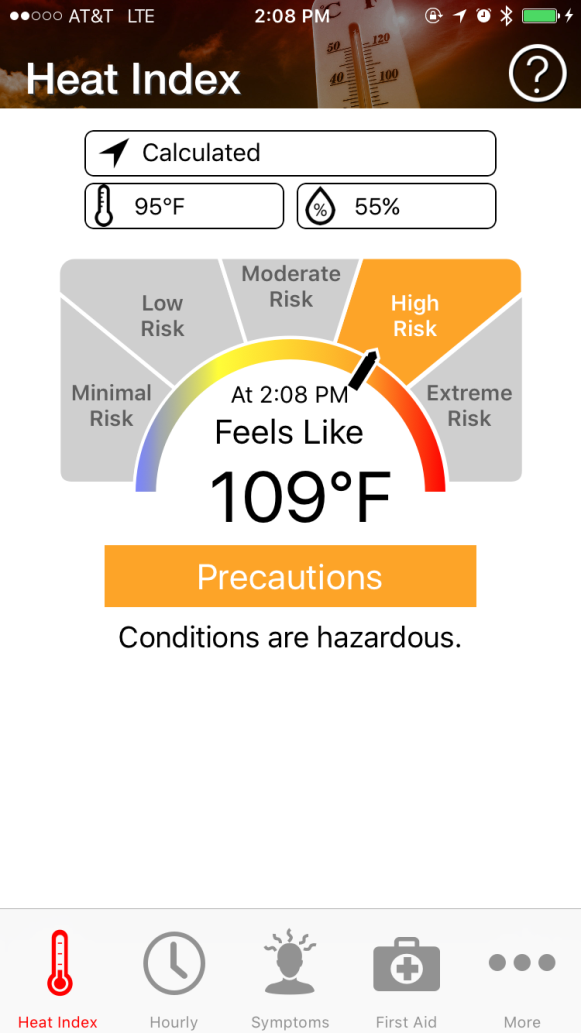
What Is Heat Stress?
Before diving into the OSHA guidelines on heat stress, we need to answer the question of what heat stress is?
Heat stress is a situation when the body cannot remove excess heat.
So, the body’s inner temperature rises, which can cause an increased heart rate, confusion, lack of concentration, and collapse. It may even result in death if the body is not cooled down.
It most often occurs when working in warm or hot environments and/or being physically active.
You can experience heat stress in the workplace if you work outdoors or indoors.
Some common outdoor industries to experience heat stress are
- agriculture
- construction
- landscaping,
- mail delivery
Indoor industries with a heat stress risk include
- bakeries
- sundries
- electrical utilities
- factories,
- fire services
While there are no OSHA heat restrictions to help prevent heat stress, OSHA does have some resources to help you manage your body and heat.
OSHA provides a heat illness prevention plan you could follow when working in hot environments as well as helpful information on heat stress and heat illness. You could also invest in heat stress training.
OSHA does not have training that they publish, but many other companies do publish training that follows OSHA standards.
Sonicu helps companies manage the risk of heat stress by delivering affordable and simple heat stress monitoring technology that employers can deploy rapidly and keep track of their heat stress situation from virtually anywhere.
You can learn more about how our software helps compliance professionals in these case studies:
Hamilton County, Indiana Health Department: Vaccine Monitoring
Problem: The need to protect vaccines from temperature excursions and meet state compliance requirements with an outdated analog system.
Solution: Implemented a new monitoring system with a mobile app and robust support, enhancing the management of remote COVID-19 vaccination programs.
Katherine Shaw Bethea Hospital: Pharmacy Monitoring for Remote Clinics
Problem: After a freezer failure led to a loss of drugs, the pharmacy director needed a reliable and simple monitoring solution for multiple remote clinics.
Solution: Adopted Sonicu's temperature monitoring system, enhancing audit readiness and deploying a mobile app to employees across clinics in Illinois.
Nomi Health: Fast installation, simple deployment
Problem: A rapidly growing healthcare technology startup needed to scale quickly and monitor cold chain storage devices nationwide.
Solution: Implement Sonicu's temperature probes with a central command center for enterprise visibility, allowing fast and easy training for reps across the country.
Heat Stress Prevention
As heat stress is a prominent risk when working in a warm or hot environment, heat stress prevention should be a priority.
OSHA recommends certain steps toward heat stress prevention in the workplace.
They encourage employees, especially during their first few days in a warm or hot environment, to consume adequate fluids, work shorter shifts, take frequent breaks, and identify any heat illness symptoms.
All employees should take these steps toward heat stress prevention:
- construction workers
- factory workers
- firefighters
- bakers,
- anyone else working in a hot environment and/or being physically active.
OSHA also encourages environmental controls that can make the workplace safer, such as air conditioning and increased airflow.
If your employees are unaware of these best practices for heat stress prevention, you could show a heat stress training video to educate them on the causes, symptoms, and prevention methods of heat stress.
These videos are easy to find if you search “5 Minute Safety Talk: Heat Stress” or “Heat Stress: Symptoms and Prevention.” You can also lead a talk about what your employees need to know for heat stress prevention.
Additionally, employers can invest in a simple and affordable temperature monitoring system that will help them better track their indoor temperatures and set alerts when the temperatures reach a potentially dangerous threshold.
Heat Stress OSHA Standard
As you reduce heat stress risk, you need to comply with the OSHA Standard: General Duty Clause. This clause requires employers to provide their employees with a workplace that is free from recognized hazards that are likely to cause death or serious harm.
This includes the hazard of heat stress, which makes the General Duty Clause the heat stress OSHA standard
OSHA provides several publications on heat stress and heat illness to aid you as you follow their standard for heat stress.
You can download any OSHA heat illness fact sheet for more detailed information on heat illness, heat stress prevention, and working in the heat guidelines.
If you need to measure the heat stress your workers could be exposed to, OSHA recommends using a wet bulb globe temperature (WBGT) monitor.
It can accurately measure workplace environmental heat. There is no OSHA heat index chart because the heat index does not measure worksite heat as accurately.
The National Institute for Occupational Safety and Health (NIOSH) also has criteria for a recommended standard to prevent heat-related illnesses.
The NIOSH heat stress criteria outline ways to reduce heat stress and recommend that employers establish a medical monitoring program to identify signs of heat stress early and prevent adverse outcomes.
Many Sonicu customers rely on our mobile app to track indoor heat stress and receive alerts that can keep their employees safe. The app is free to install and also allows users to respond to alerts in real-time.
Osha Heat Stress Standard
To go more in-depth into the OSHA heat stress standard, we can look at some of the resources that OSHA recommends relating to their heat stress standard.
As previously mentioned, an OSHA heat stress fact sheet can provide further information on heat stress.
You can use these fact sheets to educate yourself and your employees, which will help you achieve the OSHA heat stress standards.
According to OSHA, a heat work/rest chart can help reduce heat stress when engineering controls such as air conditioning cannot reduce the employees' exposure to heat stress risk.
These schedules will help you adhere to OSHA’s heat stress standards as well. NIOSH has a work/rest schedule that is based on the air temperature you could use at your worksite.
If you want more resources, you can search for an approved OSHA heat illness prevention program template, which could guide you in establishing your own heat stress prevention program.
Another thing to keep in mind is how the OSHA heat stress standard varies based on location.
The NIOSH heat stress recommendations are consistent across the United States, but there are extended OSHA standards for different states. For example, there is a Cal/OSHA heat standard for preventing heat illness in California.
OSHA Heat Stress Quick Card
The OSHA Heat Stress Quick Card is another resource to protect your employees from heat stress. This Quick Card provides heat stress prevention guidelines on a small, double-sided card so it can be easily referenced at any point.
It is not an OSHA heat work/rest chart, but it does give the basics on heat stress, including risk factors, symptoms, prevention methods, and response plans.
If you are building your heat stress management plan, this OSHA Quick Card could add to that management plan as it enables workers to prevent heat stress and spot heat stress symptoms.
It can bolster your workers’ heat stress toolbox; talking about heat stress causes, symptoms, and prevention is still necessary, but the Quick Card supplements that talk.
The Quick Card can also supplement a video, “5 Minute Safety Talk: Heat Stress.”
For your workers who learn best by reading, they can read the Quick Card and follow along with the video. This will give them a better learning experience, and they will also be able to refer back to the card later to remember what they learned about heat stress.
Heat Stress Training
Finally, a thorough heat stress training program for your employees could help you protect them from the risks of heat stress.
A robust program will cover certain heat stress training topics. First, this program will cover the heat stress definition. OSHA does not offer a clear definition of heat stress, but you can find several reputable medical sources to gather a definition of heat stress.
Second, your heat stress training should cover the symptoms of heat stress and possible illness resulting from it.
Thorough training will at least review heat stroke and heat exhaustion, though there are other illnesses possible. Your employees could wonder whether they have heat exhaustion or COVID as some of the respiratory symptoms can be similar, so your training might need to distinguish between the two illnesses.
Third, your training should cover how to avoid heat stress. This should help your employees avoid heat stress and follow the OSHA heat stress standards.
Finally, your training should include the proper response to someone suffering from heat stress. Your employees will be more equipped to handle a case of heat stress or related illness this way.
Heat stress can be scary, but you can use the resources available to protect your employees and comply with OSHA standards.
You can learn more about how our software helps compliance professionals in these case studies:
CleanSlate: Addiction Treatment Centers
Problem: A Boston-based addiction treatment center needed an affordable and simple monitoring solution for their facilities across the United States.
Solution: Choose Sonicu for its affordability and ease of self-installation, supporting the center's mission to manage growth and improve service delivery nationwide.
UHS: South Texas Health System, Edinburg
Problem: Fire alarm testing disrupted the environmental conditions in Operating Rooms, causing compliance and operational challenges.
Solution: Implemented Sonicu's environmental monitoring system, which allowed the facility manager to monitor conditions via a mobile app and resolve issues with the HVAC system triggered by fire alarms.
Exide Technologies: Advanced Compliance and Monitoring Solutions
Problem: Exide Technologies faced challenges with air quality management, needing to comply with stringent environmental health and safety regulations. Their legacy systems required manual logging and were not capable of providing the necessary real-time data for air pressure and quality monitoring.
Solution: Sonicu provided Exide with a mobile and flexible air pressure differential monitoring system that could be moved easily between locations as project conditions changed. This system offered continuous pressure data, real-time alerts for any deviations, and automated reporting that adhered to regulatory requirements, significantly reducing manual logging and enhancing operational efficiency.
How IU Health
consolidated all of its pharmacy monitoring needs
into one cloud-based platform serving dozen of locations.
American-based Customer Support: Robust & Reliable High Touch Service
Software and technology is only as good as the people who stand behind it.
At Sonicu, that means our team of American-based customer success managers who are never more than a phone call away to help field and fix any service issues.
Our probes and sensors are placed in demanding frozen environments and our software literally sends billions bits of data monthly, meaning there’s alway the potential for a hiccup on either the hardware or software.
We are committed to fielding every customer service request promptly and addressing our customer’s concerns promptly and professionally.
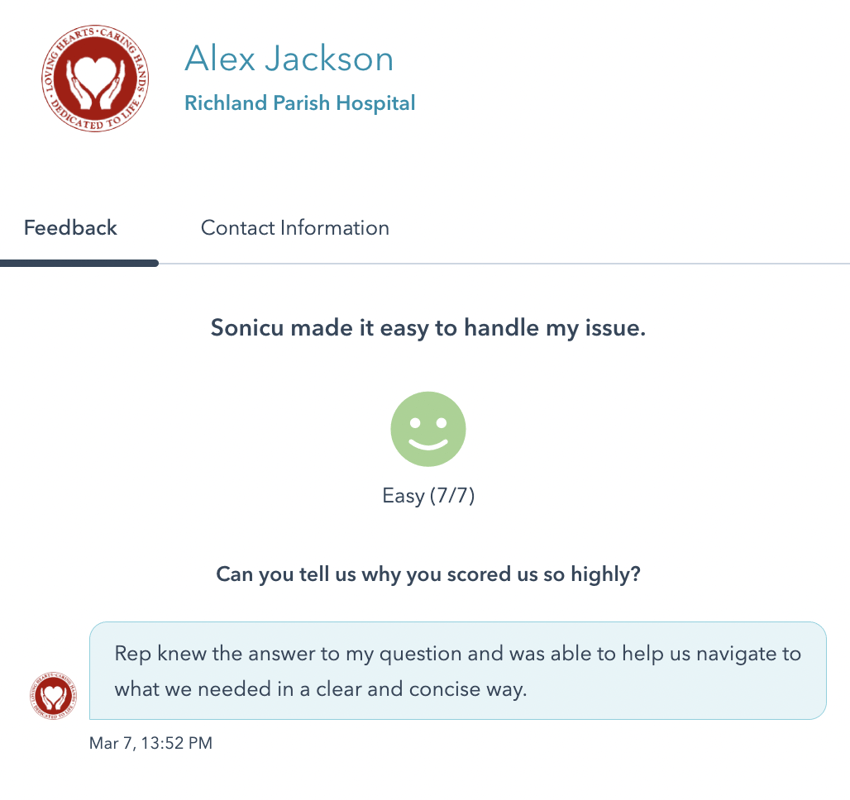
 “I like to say that every refrigerator or freezer is like a car in that they all behave a bit differently,
“I like to say that every refrigerator or freezer is like a car in that they all behave a bit differently,
and then every now and then you just get a bad boy who doesn’t want to perform as we need it to,”
Martha Rardin, Director, Nutrition and Dietetics, Hendricks Regional Hospital.
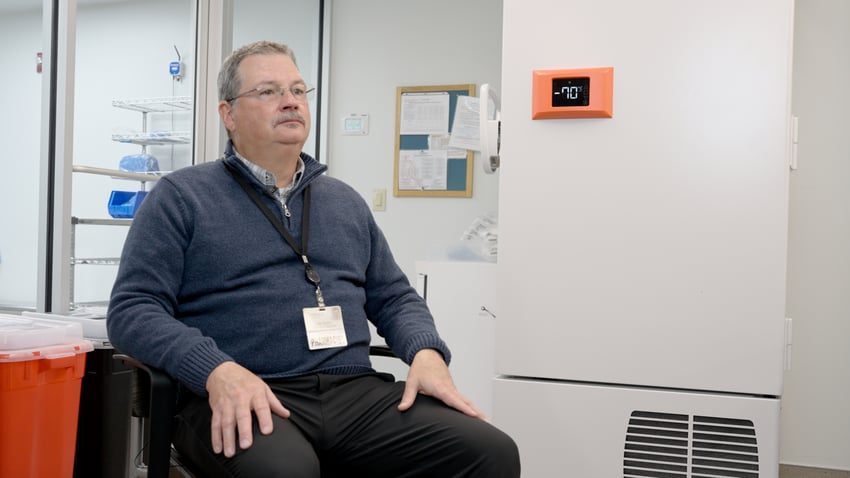 “Sonicu has been a powerful tool to identify which units are behaving out of spec and get our team
“Sonicu has been a powerful tool to identify which units are behaving out of spec and get our team
to fix them before we have a serious issue.”
Tim Livesay, Director, Hancock Regional Hospital Pharmacy Director


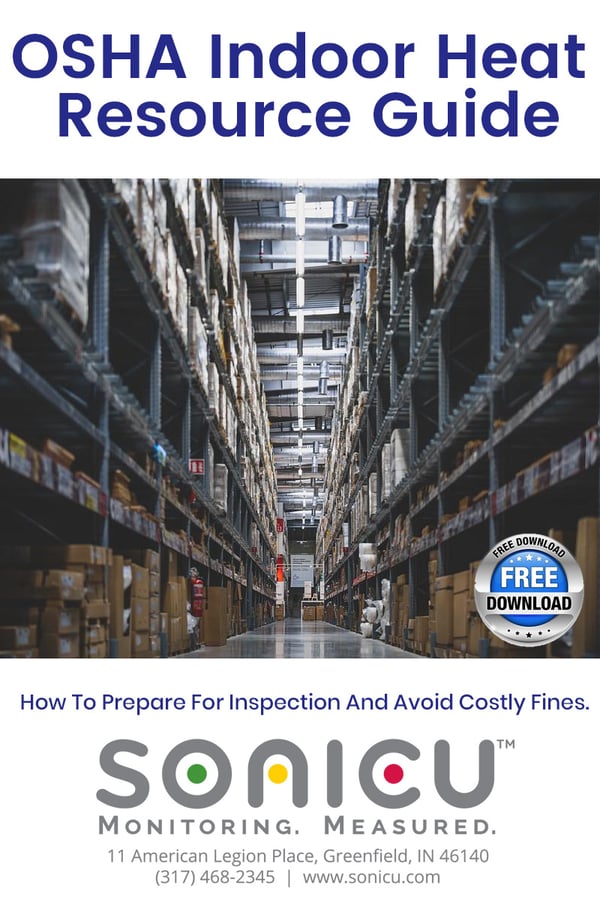
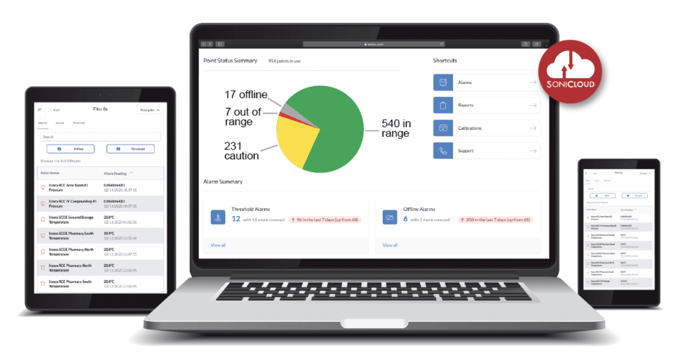





Cost competitiveness, great customer service, great control over the monitoring system, and low maintenance. You can't beat that.